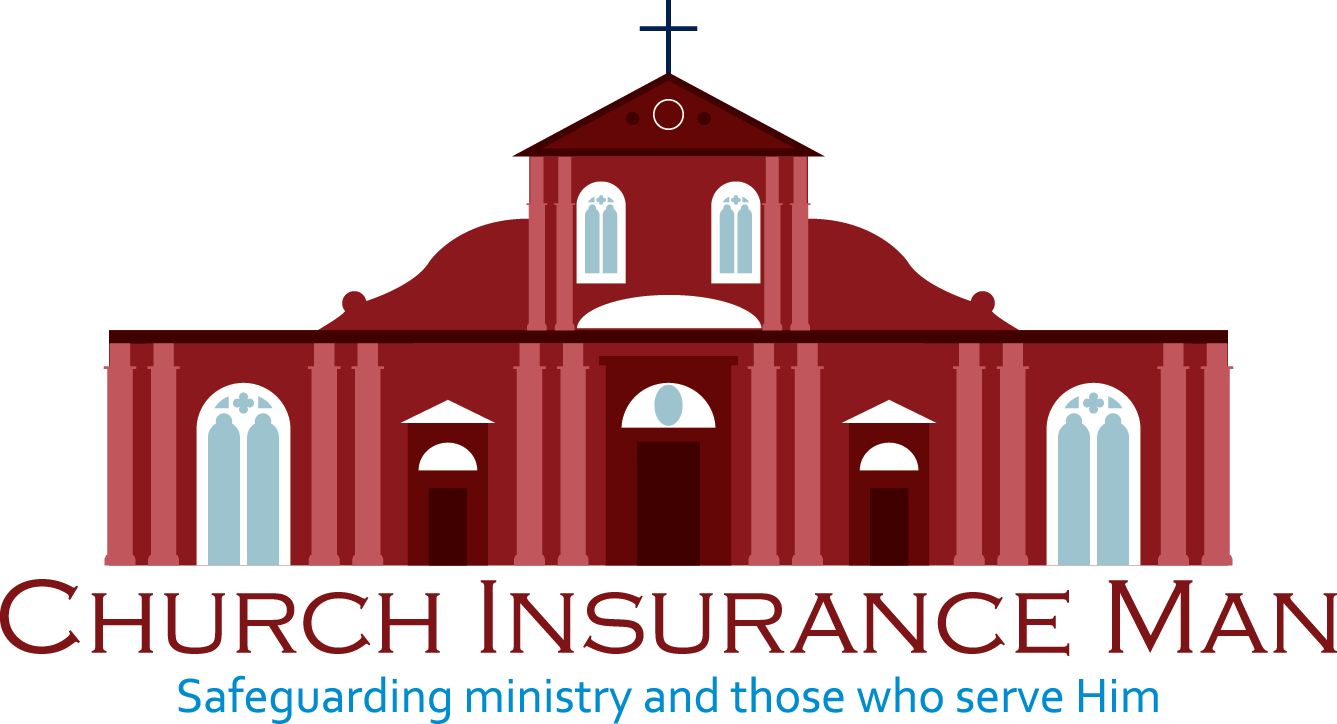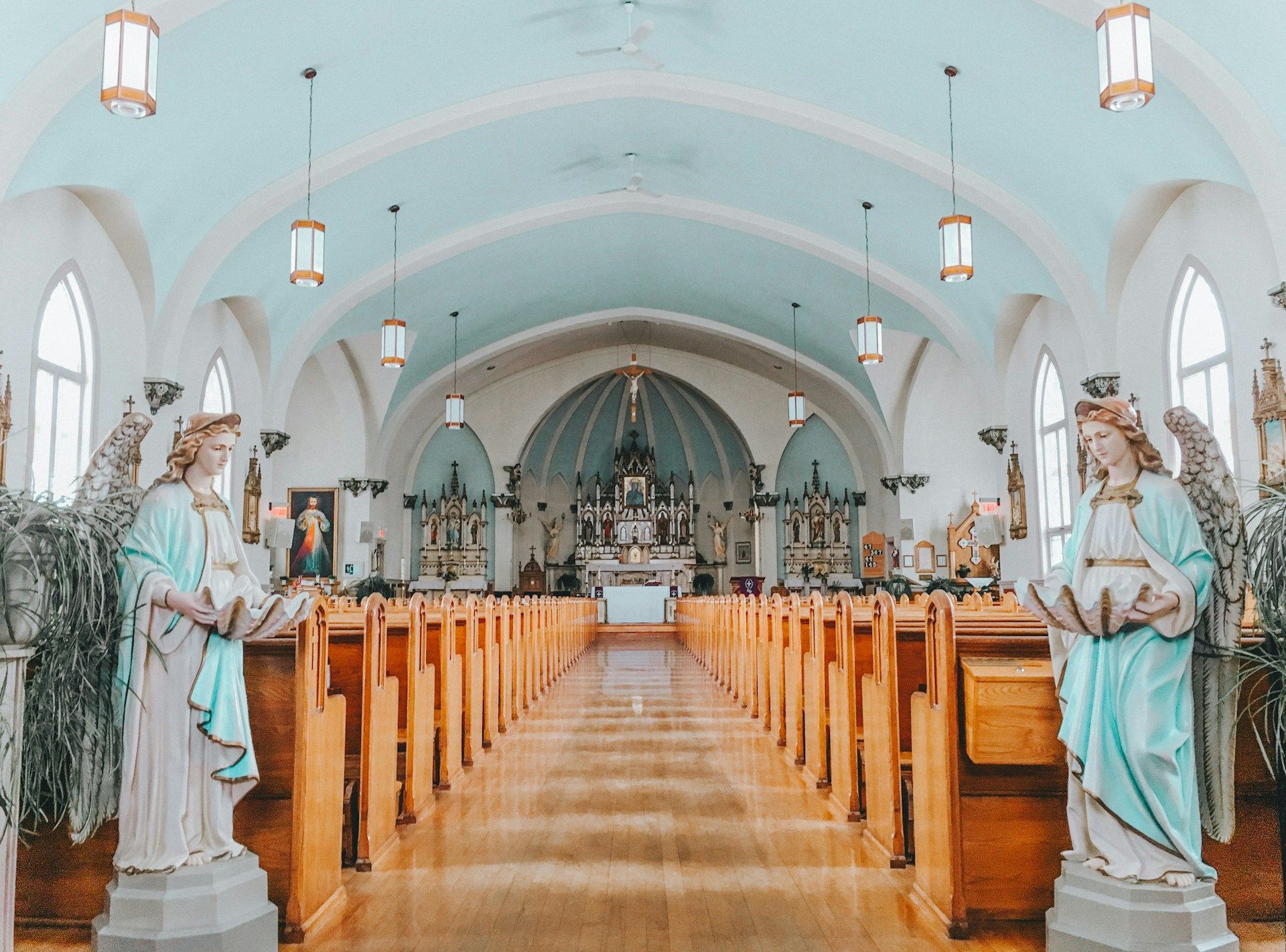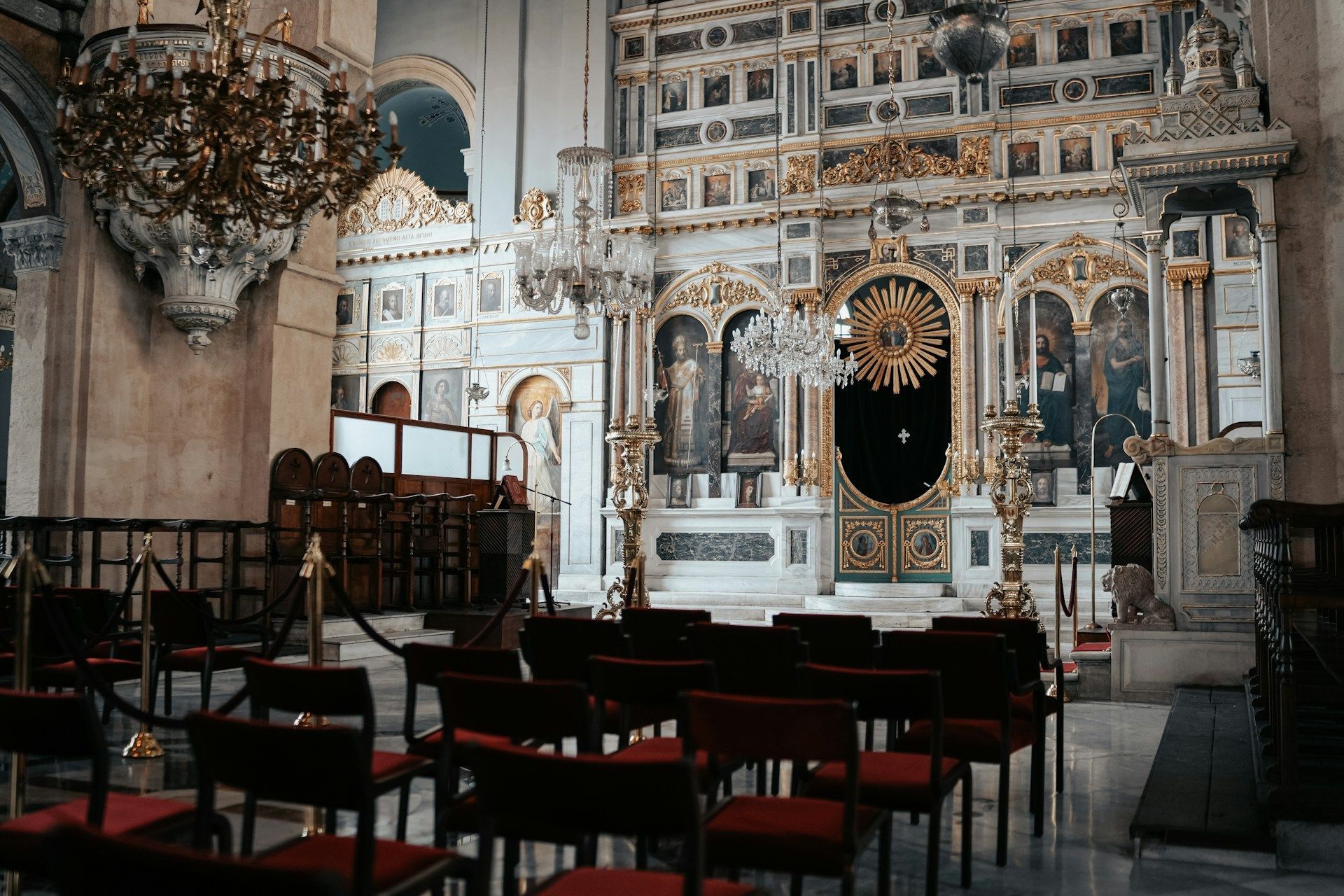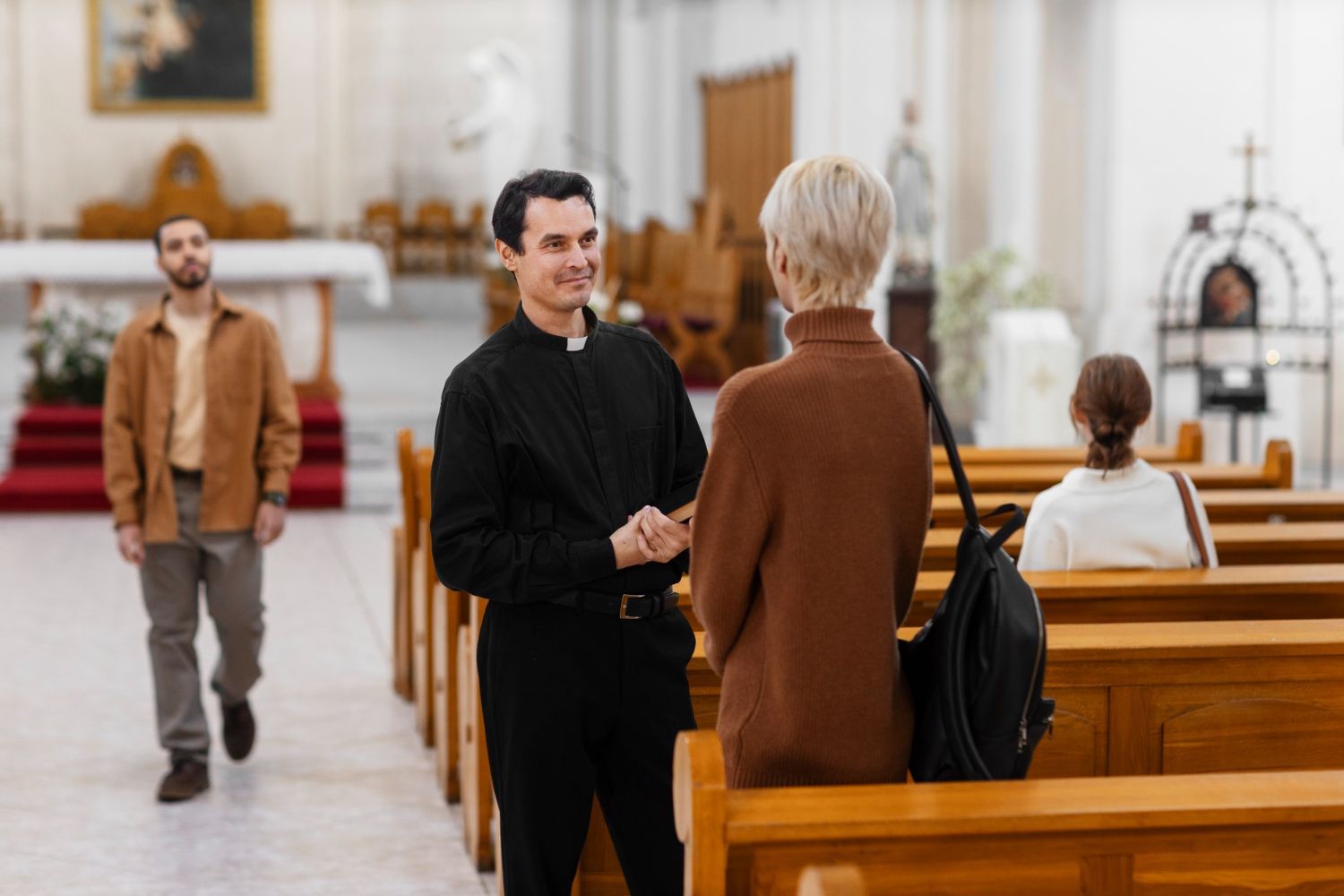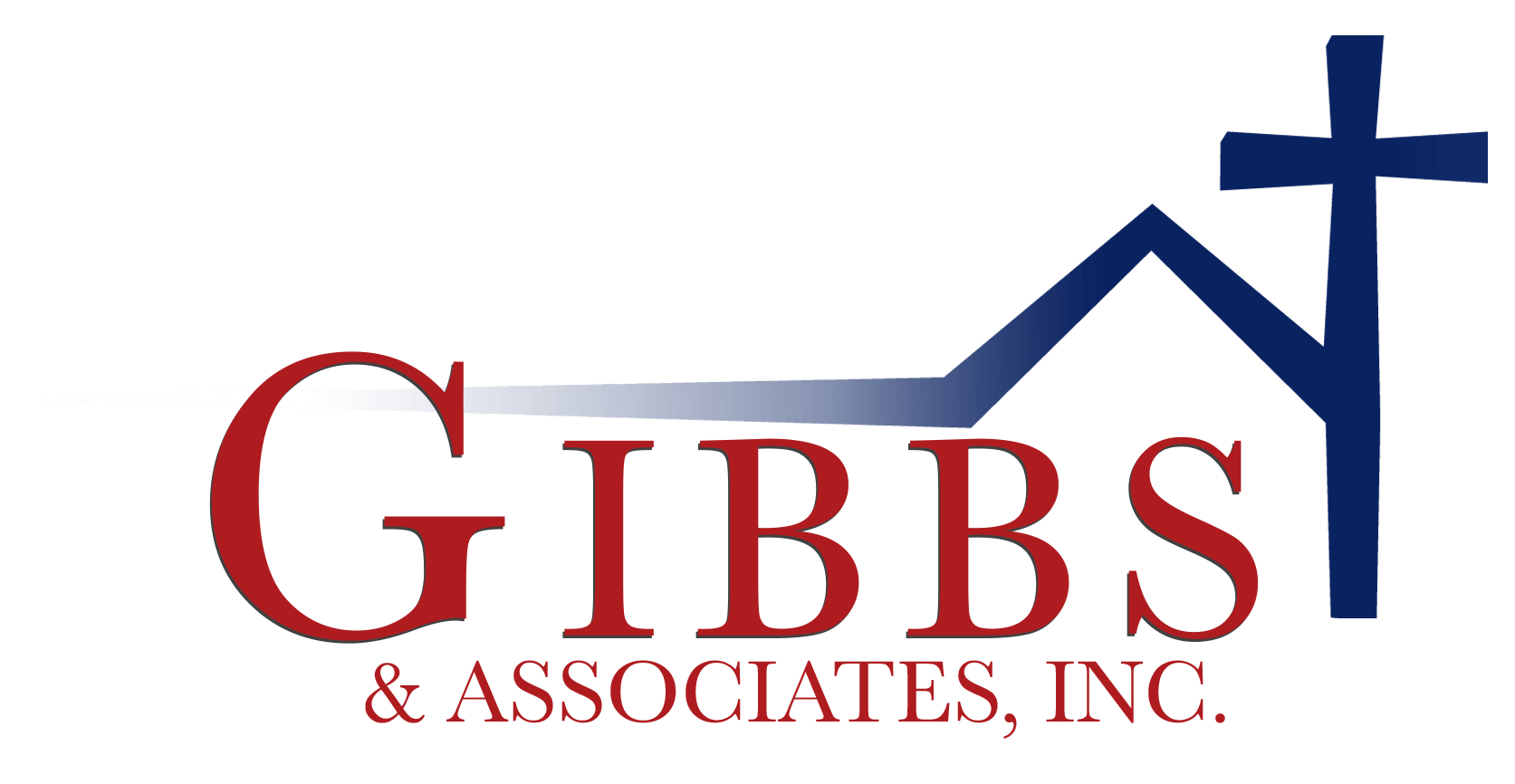Business Auto Insurance for Churches: A Comprehensive Guide
Transportation plays a vital role in many churches, as they rely on vehicles to provide essential services and maintain a strong connection with their congregations. From transporting members to and from worship services to facilitating outreach programs, church-operated vehicles contribute significantly to the overall mission of religious institutions. This underscores the importance of having a tailored business auto insurance policy in place to protect the church's automotive assets against potential liabilities and risks.
When it comes to business auto insurance, generic policies may not address the unique needs and concerns of religious institutions. Churches require customized solutions that take into account factors such as vehicle size, purpose, and usage, thereby ensuring comprehensive coverage and peace of mind. Choosing the right business auto insurance policy for a church is crucial in safeguarding its vehicles and mitigating the potential financial impact of accidents, theft, or damage.
In this in-depth guide, we will delve into the importance of tailored business auto insurance policies for churches, touching on aspects such as understanding potential risks, exploring coverage options, and selecting the right insurance provider. We aim to provide valuable insights that will enable religious institutions to make informed decisions when choosing the best coverage available for their unique transportation needs, ultimately fostering an environment of safety and security for both their members and the communities they serve.
Understanding the Risks Associated With Church-Owned Vehicles
To make an informed decision when selecting a tailored business auto insurance policy, it is crucial to first understand the potential risks associated with church-owned vehicles. Some common risks include:
1. Accidents: Vehicle collisions can result in significant repair costs, physical injuries, and potential liability claims from third parties involved in the accident.
2. Theft: Church vehicles may be targeted by thieves, leading to costly vehicle replacements.
3. Vandalism: Instances of vandalism can result in repair expenses and disrupted transportation services.
4. Uninsured or underinsured drivers: If a church-owned vehicle is involved in an accident with an uninsured or underinsured driver, the church may face additional expenses related to vehicle repair and potential medical bills.
Exploring Business Auto Insurance Coverage Options for Churches
Business auto insurance policies offer various coverage options to address the unique transportation needs of religious institutions. When exploring these options, keep the following in mind:
1. Liability coverage: This covers bodily injury and property damage caused by church-owned vehicles and is a crucial component of any business auto insurance policy.
2. Collision coverage: This option covers the cost of repairing or replacing a church-owned vehicle involved in a collision, regardless of fault.
3. Comprehensive coverage: This coverage offers protection against non-collision-related incidents, such as theft, vandalism, or damage caused by natural disasters.
4. Uninsured/underinsured motorist coverage: This coverage helps protect your church from incurring expenses related to accidents with drivers who lack adequate insurance coverage.
5. Medical payments coverage: This option covers medical expenses for the driver and passengers in a church-owned vehicle, regardless of fault in an accident.
Selecting the Right Business Auto Insurance Provider
Choosing the right insurance provider is critical when securing tailored business auto insurance for your church. Consider the following factors when evaluating potential providers:
1. Experience and expertise: Opt for a provider with expertise in serving religious institutions, ensuring they fully comprehend church-specific insurance needs.
2. Reputation: Research the provider's reputation in terms of customer service, claims management, and financial stability to form a partnership with a dependable company.
3. Coverage options: Ensure the provider offers a range of coverage options that cater to the transportation requirements of your religious institution.
4. Pricing: Compare policies and prices from various providers to secure comprehensive coverage at a competitive rate.
Tips for Reducing Business Auto Insurance Costs and Keeping Your Church Vehicles Safe
Adopting smart strategies can help reduce business auto insurance costs and maintain the safety of church-owned vehicles. Consider these tips:
1. Regular maintenance: Ensuring church vehicles receive regular maintenance can help prevent accidents and minimize repair costs.
2. Driver training: Provide training programs for drivers of church vehicles to enhance road safety and reduce risks.
3. Implement a vehicle usage policy: Establish clear guidelines for the use of church-owned vehicles, including driver eligibility and acceptable vehicle usage.
4. Review your coverage and policy annually: Revisit your business auto insurance policy annually to adjust coverage levels and seek additional discounts as needed.
Safeguarding Your Church's Transportation Needs With Customized Business Auto Insurance
Transportation is a vital aspect of a church's mission, providing essential services to members and the broader community. Protecting your church's vehicles with a well-crafted business auto insurance policy is crucial in ensuring these services continue uninterrupted. By understanding the risks, exploring coverage options, and choosing the right insurance provider, your church can benefit from a tailored business auto insurance solution that offers peace of mind and monetary safeguards.
As experienced church insurance specialists, we at Church Insurance Man understand the importance of securing the appropriate
business auto insurance for your church. Connect with us today to discuss your church's transportation needs, and let us help you find the perfect coverage to protect your vehicles and keep your community connected and supported.

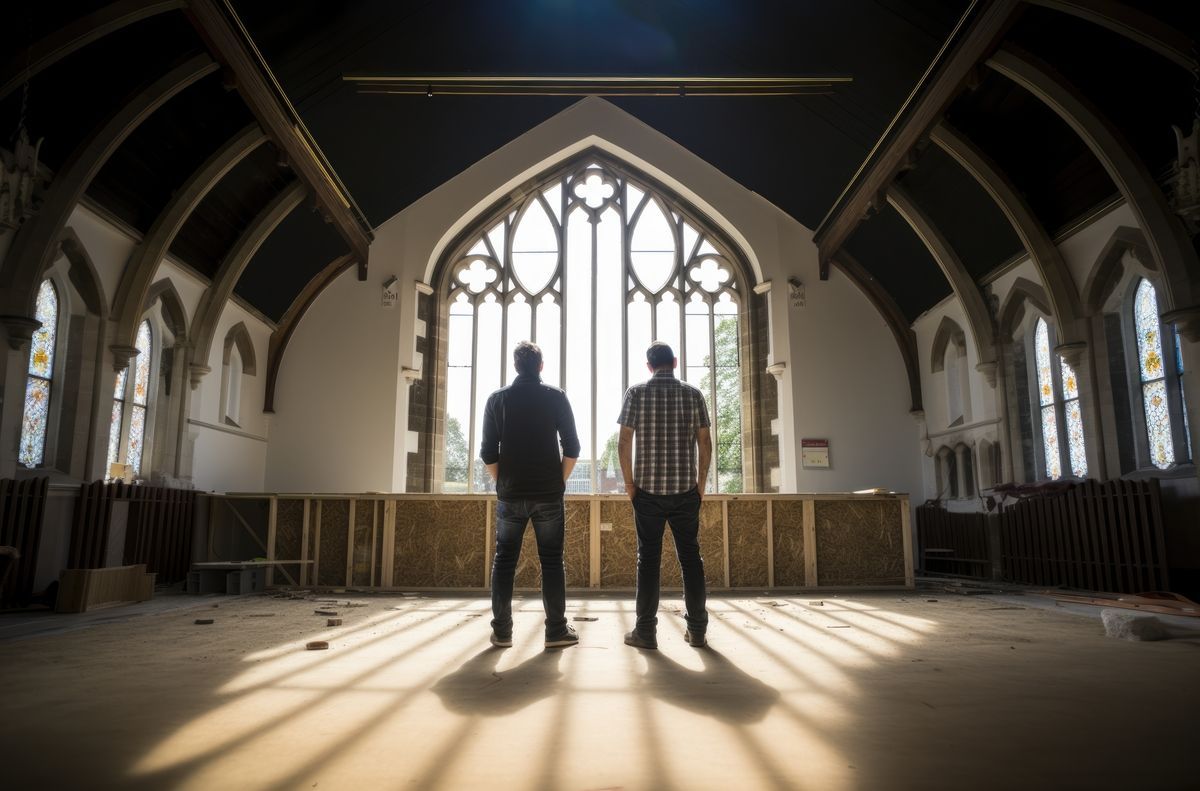
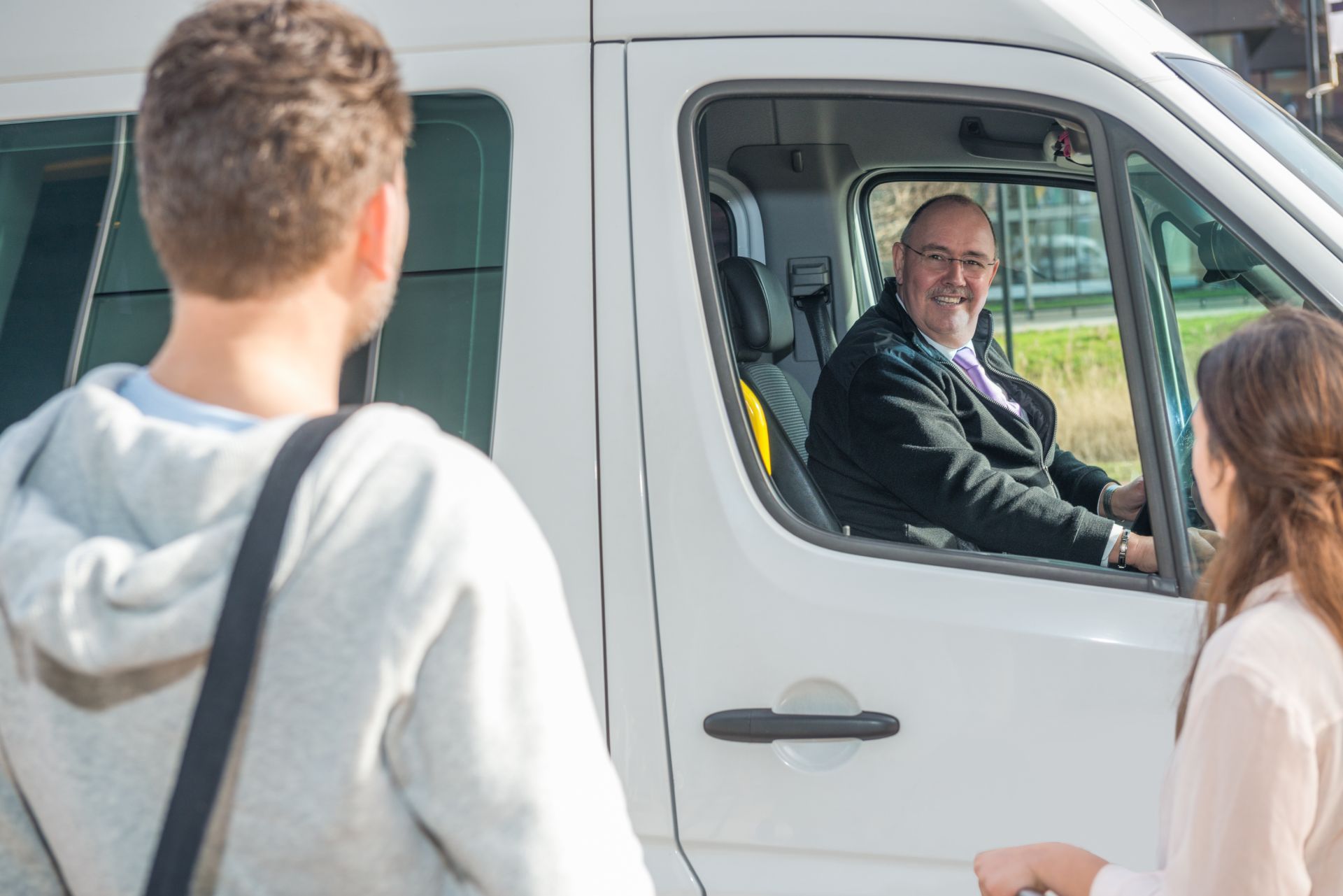


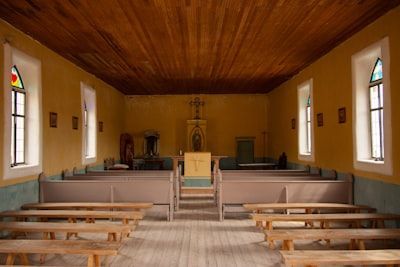
Preventing Theft Is Paramount
The main idea with higher deductibles is that it incentivizes you to take the proper actions to minimize the potential harm that may come to your property. As such, higher deductibles help you think about ways to sustainably prevent negative situations from forming and occurring within your property. That is why organizational leaders should take great care to implement proper security protocols. Your place of worship or care must comprehensively plan for crime and other property damage instances and minimize them from taking place.
- Watch the entrances. The first and simple step is to minimize the entry points into your church or other facilities. You want to make sure that there are just a few places to enter and exit to minimize hassles on your end.
- Document those who come and go. It is best to understand who is coming and going within your church or other facilities. The more information you have, the better it is for you in adverse situations.
- Have trusted volunteers who roam the facility during large gatherings. You want to make sure that you have a cohort of trustworthy who hover around different key areas during large gatherings and celebrations to enforce security standards in a relaxed manner.
- Minimize cash concentration on-premises. There's a saying that you should not tempt fate. That is a genuine possibility if you keep a concentrated portion of cash within your facility. Those who seek to conduct an extraction operation will have more incentives to perform a heist on your property.
- Provide regular access to trustworthy people. Everyone shouldn't have regular entrance access. Keep your life simple by providing limited access during off-hours.
These principles and tips will help you to minimize issues taking place on your property.
Common Church Theft and Vandalism Risks
Creating A Secure Environment For Parishioners
General Liability Coverage for Churches
Preventing Liability Risks in Churches
The best action is preventative and not reactive. Do your best to implement standards and protocols that minimize the potential situation that risks present to your church.
For instance, if you are cleaning the church, make sure to have signs that state you are cleaning. As such, you are indicating that cleaning is happening, and floors may be wet.
Further, you want to make sure that you have signs present around the facility that show people to be careful in a specific situation. Classic safety measures such as smoke detectors and safety systems, in general, will be crucial and necessary as well.
In addition, more nonprofit organizations are optimizing their buildings to make it accessible for disabled peoples. More organizations also endeavor to check their places frequently and make sure everything is up to par while also keeping emergency supplies like first aid kits on their premises.
There is quite a bit you can do to take a preventive strategy within your organization and minimize your potential liabilities. If you require further assistance with your insurance policies and would like to have more information about the steps you can take to improve your overall situation, reach out to us. We will be pleased to find the best solution for your needs and provide the insurance services that your church requires.
Insurance Packages for Churches In Georgia
Make sure that your church is protected. Learn more about our insurance services for churches in Georgia, including umbrella liability, business automotive, and church packages to protect your organization. Contact us today to chat about how we can help your church obtain great coverage to safeguard your ministry.
Get a Quote
Get a Quote
We will get back to you as soon as possible.
Please try again later.
